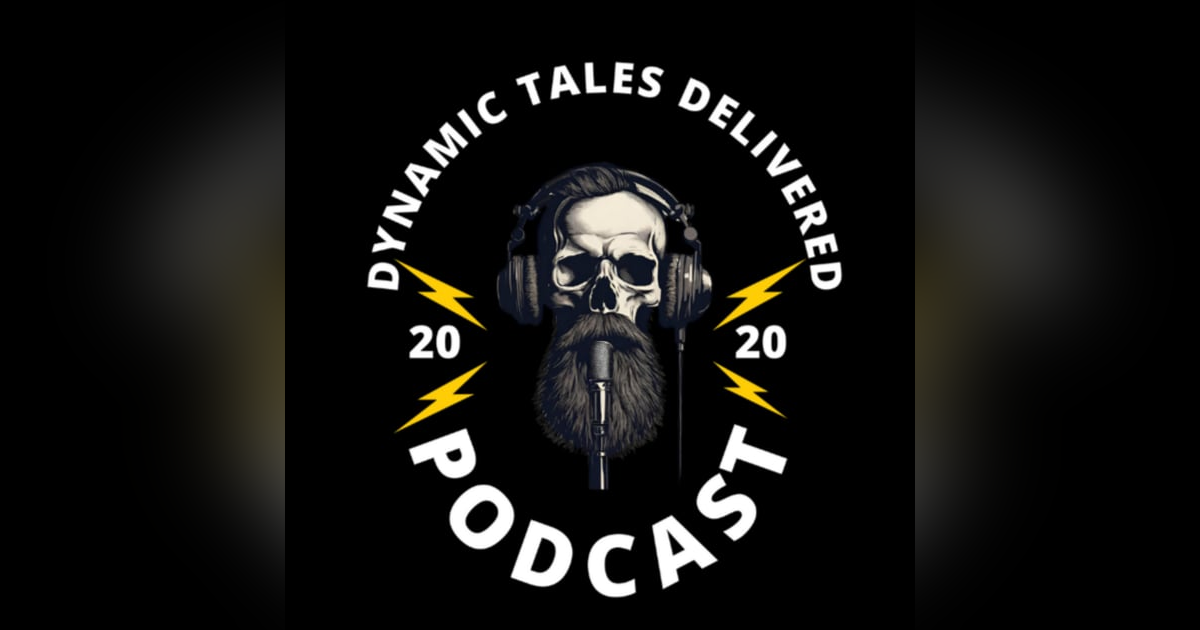-CHAPTERS-
00:00 Introduction to the Journey
03:50 Family Legacy and Military Background
06:00 The Impact of Traumatic Brain Injury
10:31 Brotherly Competition and Changes
14:26 The Effects of Military Training
17:43 Experiencing Combat and Its Aftermath
23:10 Guilt and Responsibility
28:48 Altruism and Personal Growth
32:27 Reflections on Military Service
39:50 Decisions and Consequences in the Marine Corps
46:14 The Aftermath of Injury: Accountability and Guilt
55:57 Navigating Mental Health: A Brother's Decline
01:07:00 The Impact of Relationships on Personal Struggles
01:13:01 Confronting the Reality of Suicide
01:21:16 The Breaking Point: A Brother's Struggle
01:24:42 Guilt and Regret: The Weight of Decisions
01:28:39 The Final Straw: Understanding the Tragedy
01:33:06 The Aftermath: Coping with Loss and Anger
01:39:00 Forgiveness and Healing: A Journey Forward
01:42:10 22 Jumps: A Mission to Honor and Heal
-SUMMARY-
In this conversation, DJ and Tristan explore the profound impact of military service on mental health, particularly focusing on the experiences of veterans dealing with traumatic brain injuries and the consequences of military culture. The discussion delves into the familial legacy of military service, the evolution of brotherly relationships, and the struggles of transitioning to civilian life. The guest shares personal anecdotes about his brother's journey, the challenges faced after injury, and the importance of accountability within the military. Ultimately, the conversation highlights the need for support systems and the role of altruism in healing and finding purpose after loss. This conversation delves into the complexities of transitioning from military service to contracting, the impact of personal relationships on decision-making, and the challenges of dealing with family mental health issues. Tristan shares his journey of navigating the loss of a loved one, the guilt associated with their decisions, and the importance of advocating for traumatic brain injury research. The discussion culminates in the establishment of '22 Jumps', an organization aimed at honoring veterans and supporting mental health initiatives.
-TAKEAWAYS-
Military service is often a family tradition.
Traumatic brain injuries can have lasting effects.
Brotherly competition can evolve into something darker.
The military culture can amplify aggressive behaviors.
Transitioning to civilian life is a significant challenge.
Accountability in the military is crucial for healing.
Adventure sports can provide a sense of purpose.
Guilt can linger after a loved one's injury.
Support systems are essential for veterans.
Finding purpose after loss is a vital part of recovery. The transition from military to contracting can be purely transactional.
Financial incentives often outweigh patriotic motivations in contracting.
Relationships can significantly influence personal and professional decisions.
Mental health struggles in families can create complex dynamics.
It's challenging to help someone who refuses assistance.
Guilt and regret are common feelings after losing a loved one.
Public embarrassment can be a significant trigger for mental health crises.
Forgiveness is a process that can lead to personal growth.
Advocacy for traumatic brain injury research is crucial for veterans.
Grassroots efforts can lead to substantial fundraising success.
Stay connected and never miss an episode by subscribing to our podcast on your favorite platform! Don't forget to hit that notification bell to be the first to know when a new episode drops.
For exclusive full interviews and behind-the-scenes content, visit our official website:
https://www.dtdpodcast.net/
Follow us on social media for updates, sneak peeks, and more engaging content:
🔗 Facebook: https://www.facebook.com/dustin.kelly.79
🔗 LinkTree: https://linktr.ee/DTDPODCAST_DJKELLY
🔗 Instagram: https://www.instagram.com/










